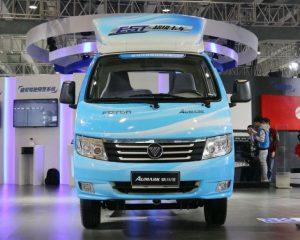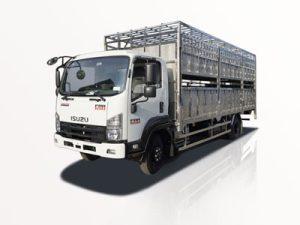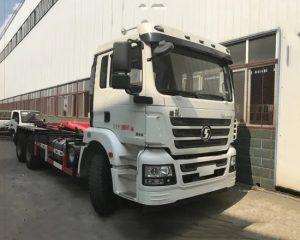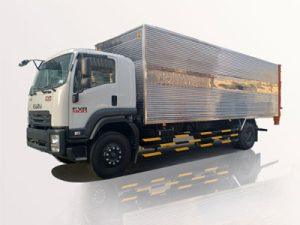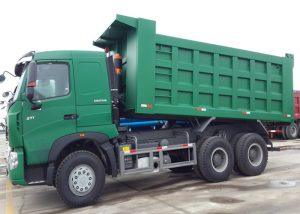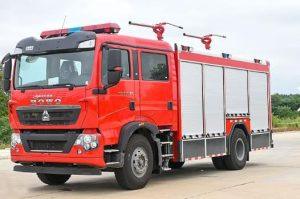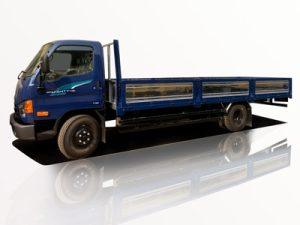Monday to Saturday - 8:00 -17:30
Sweepers for Sale: A Comprehensive Guide to Choosing the Right Sweeper for Your Needs
When it comes to maintaining cleanliness in industrial and commercial spaces, sweepers are an essential component. They make tasks easier by providing efficient cleaning solutions, and there are numerous options available for sale. This article will guide you through the different types of sweepers, their benefits, features, and tips on making the right choice, all while utilizing the keyword “sweepers for sale.”
Understanding Sweepers
Sweepers are machines designed to clean various surfaces by removing debris, dirt, and litter. They are commonly used in streets, parking lots, warehouses, and factories, where manual cleaning is not feasible. Sweepers generally fall into two categories: manual and powered sweepers.
Types of Sweepers
1. Manual Sweepers
Manual sweepers are generally less expensive and require physical effort to operate. They are ideal for small areas or places where machinery can’t access easily. These are often used in parks, sidewalks, and smaller commercial spaces.
2. Powered Sweepers
Powered sweepers can be further divided into two categories: ride-on and walk-behind models. They operate using built-in motors and are suitable for larger spaces.
Benefits of Using Sweepers
Utilizing sweepers provides numerous advantages:
- Efficiency: Sweepers significantly reduce cleaning time compared to manual labor.
- Cost-effective: Investing in a sweeper can lead to long-term savings in cleaning costs.
- Healthier Work Environment: Sweepers can improve air quality by reducing dust and allergens.
- Versatility: Sweepers can adapt to different surfaces, including concrete, asphalt, and more.
Choosing the Right Sweeper
Factors to Consider
When looking for sweepers for sale, consider the following factors:
1. Area Size
The size of the area you need to clean is crucial. For larger areas, ride-on sweepers are more efficient, whereas walk-behind sweepers work well for smaller sections.
2. Surface Type
Different sweepers are designed for various surfaces. Make sure to choose a sweeper that is compatible with the surface materials of your area.
3. Dirt and Debris Type
Identify the types of debris you’ll encounter. For heavy debris, a powerful sweeper will be necessary, while light-duty sweepers are suitable for fine dust and small litter.
4. Battery vs. Gasoline
Powered sweepers can either be battery-operated or gasoline-powered. Battery models are quieter and more eco-friendly, while gasoline options tend to have more power for heavy-duty tasks.
Popular Brands of Sweepers for Sale
The market contains various reputable brands known for quality and reliability. Here’s a table summarizing some of the most popular brands:
| Brand | Specialty | Target Audience |
|---|---|---|
| Tennant | High-performance indoor and outdoor sweepers | Large facilities and industrial spaces |
| Nilfisk | Versatile cleaning solutions | Commercial spaces |
| Kärcher | Eco-friendly cleaning technologies | Various markets including hospitality |
| Hako | Customizable cleaning machines | Industrial and commercial use |
| Schmidt | Street and sidewalk cleaning | Cities and municipalities |
Cost Considerations for Sweepers for Sale
The cost of sweepers can vary significantly based on various factors like brand, model, and features. Here’s a general overview of the price ranges you might expect:
| Type | Price Range | Typical Use |
|---|---|---|
| Manual Sweepers | $50 – $300 | Small areas, parks |
| Walk-Behind Sweepers | $500 – $2,500 | Medium-sized commercial areas |
| Ride-On Sweepers | $3,000 – $15,000+ | Larger facilities, industrial use |
Maintenance Tips for Sweepers
To ensure that your sweeper operates efficiently, consistent maintenance is vital. Here are some practical tips:
- Regular Cleaning: Empty the debris hopper after each use and clean the sweeper to prevent dust accumulation.
- Check Filters: Clean or replace filters as needed to ensure optimal function.
- Inspect Brushes: Regularly check brushes for wear and tear; replacing them in a timely manner is essential.
- Battery Maintenance: For battery-operated models, ensure batteries are charged and maintained properly.
Where to Buy Sweepers for Sale
When looking to purchase sweepers, consider the following options:
1. Online Retailers
Websites like Amazon, eBay, and specialized commercial cleaning equipment sites often have extensive listings of sweepers for sale.
2. Local Dealers
Local dealers often have showrooms to help you see the machines firsthand and offer expert advice.
3. Auctions
Consider auction sites for second-hand sweepers, which can offer significant savings if you find a well-maintained machine.
4. Trade Shows
Attending trade shows can be a great way to explore various options, compare prices, and network with suppliers.
FAQ Section
1. What is the average lifespan of a commercial sweeper?
The average lifespan of a commercial sweeper is typically between 5 to 15 years, depending on the model and how well it is maintained.
2. How often should I service my sweeper?
It’s recommended to service your sweeper every 6 to 12 months, depending on usage. High-usage areas may require more frequent maintenance.
3. Are battery-operated sweepers worth the investment?
Yes, battery-operated sweepers, despite a higher initial investment, often result in lower operating costs over time due to reduced energy costs and fewer maintenance needs.
4. Can I use sweepers on uneven surfaces?
While some sweepers can handle uneven surfaces, it’s essential to choose a model specifically designed for such conditions to ensure efficiency and prevent damage.
5. What is the difference between a sweeper and a vacuum?
A sweeper is designed to pick up larger debris, while a vacuum is aimed at fine particles and dust. Many commercial cleaners incorporate both functions.
6. How can I determine the right size of sweeper for my facility?
Assess the size and layout of your facility, the type of debris typically found, and how frequently you’ll be cleaning to choose the right size sweeper.


